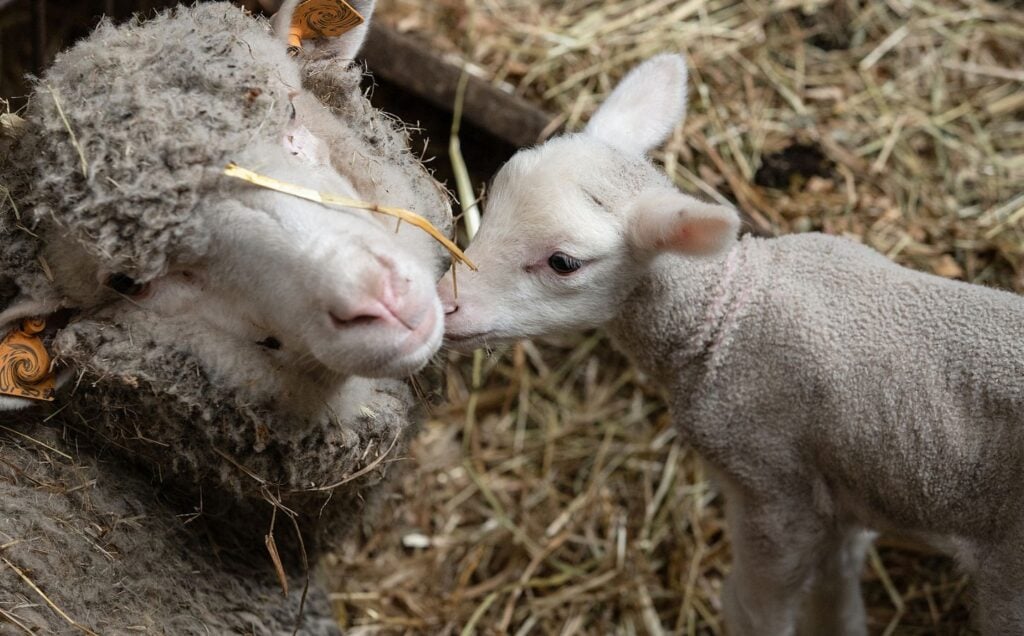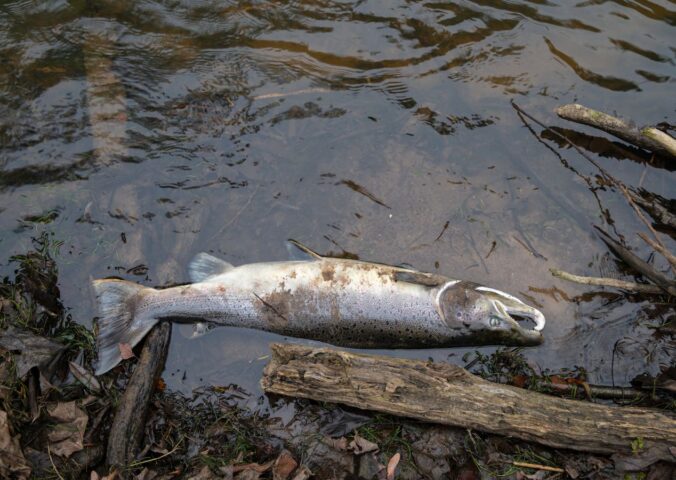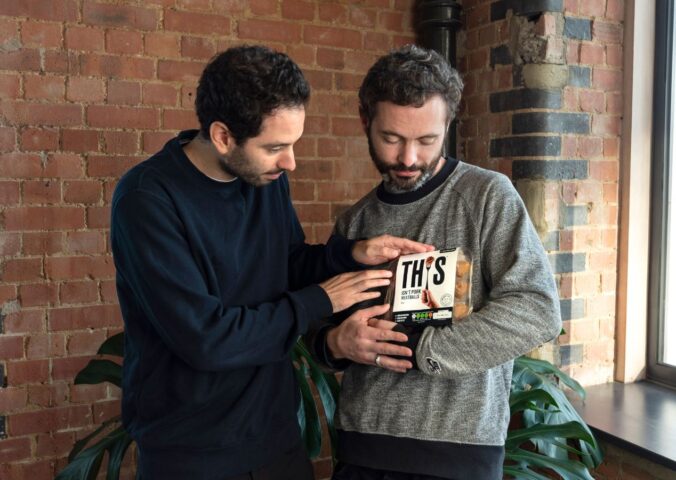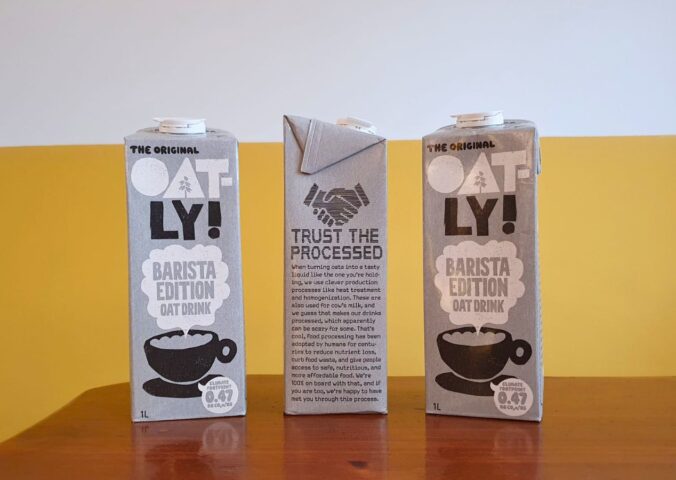Earlier this month, British lamb was exported to the US for the first time in two decades.
Lamb meat from Carmarthenshire, Wales, was shipped to the country after the the United States Department for Agriculture (USDA) agreed to open the market for British lamb last year.
Industry experts have said that the US market will be worth £37 million in the first five years of trade. Meanwhile, British farmers will be exposed to 300 million American consumers. It is all part of the government’s plan to boost British exports and grow the economy.
“Tucking into roast lamb for Sunday lunch is quintessentially British – and now millions of American families will be able to enjoy our top-quality lamb too,” said Environment Secretary Ranil Jayawardena in a statement.
Trade Secretary Kemi Badenoch added: “Seeing our world-class lamb back on American menus is fantastic news for our farmers. Now they can sell to a consumer market of over 300 million people, which support jobs and growth in a vital British industry.”
Lamb exports controversy
The news has been met with controversy, however. Animal rights groups have blasted the expansion of, what they call, a cruel and environmentally destructive industry.
“The fact that we are looking to expand lamb production whilst we are in the midst of a climate and ecological crisis is absurd,” Jasmine Clark, environment campaigner at Viva!, told Plant Based News (PBN).
“Instead of shipping more dead babies to the USA we should be focusing on ways to transition to a more sustainable plant-based farming system, one which will support British farmers, the planet and help end animal suffering.”
The lamb industry is linked with animal cruelty. Soon after birth, lambs will often be subjected to mutilations like tail docking and castration, often without pain relief.
On average, they are killed when they are around seven months old. Although, they can be as young as 10 weeks. When they arrive at the slaughterhouse, they will often be carried on a conveyor belt, stunned, and have their throats cut.
Animal Aid told PBN that it’s “extremely disappointed” to hear that US lamb exports had resumed.
Responding to Jayawardena’s above statement that the meat is “quintessentially British,” Jessamy Korotoga, head of campaigns, said: “Animal Aid can only see this is quintessentially abhorrent and cruel.”
Korotoga added: “There is no need to eat any animal and to celebrate their exploitation and killing is repellent. We should be exporting positive and progressive products to other countries, not the dead bodies of gentle animals who have been exploited and mutilated in their short lives.”
Dawn Carr, PETA UK’s Director of Vegan Corporate Projects, added: “Lamb meat exports are nothing to cheer about. We urgently need to stop raising and slaughtering gentle lambs for their flesh – for their sake as well as ours.
“The government has pledged to get us to net zero, yet these deadly deals involving lamb slaughter do the opposite.”
The environmental impact of lamb meat
As well as animal welfare issues, lamb has a significant environmental impact. After cows, sheep are generally considered to be the worst animals to farm. This is because they are ruminants, and they release methane when they belch.
Methane has been identified as one of the most damaging greenhouse gasses; it’s 80 times more potent than carbon dioxide.
To reduce methane, a 2018 governmental Committee on Climate Change (CCC) report called for a 20-50 percent reduction in the number of sheep and cattle in the UK. This is a relatively cautious proposal, however. The NHS Eatwell guidelines previously recommended a reduction of 89 percent for beef, 63 percent for lamb, and 20 percent for dairy.
According to the BBC, the CCC report was deliberately conservative so as to “mimimize” confrontation with farmers.






